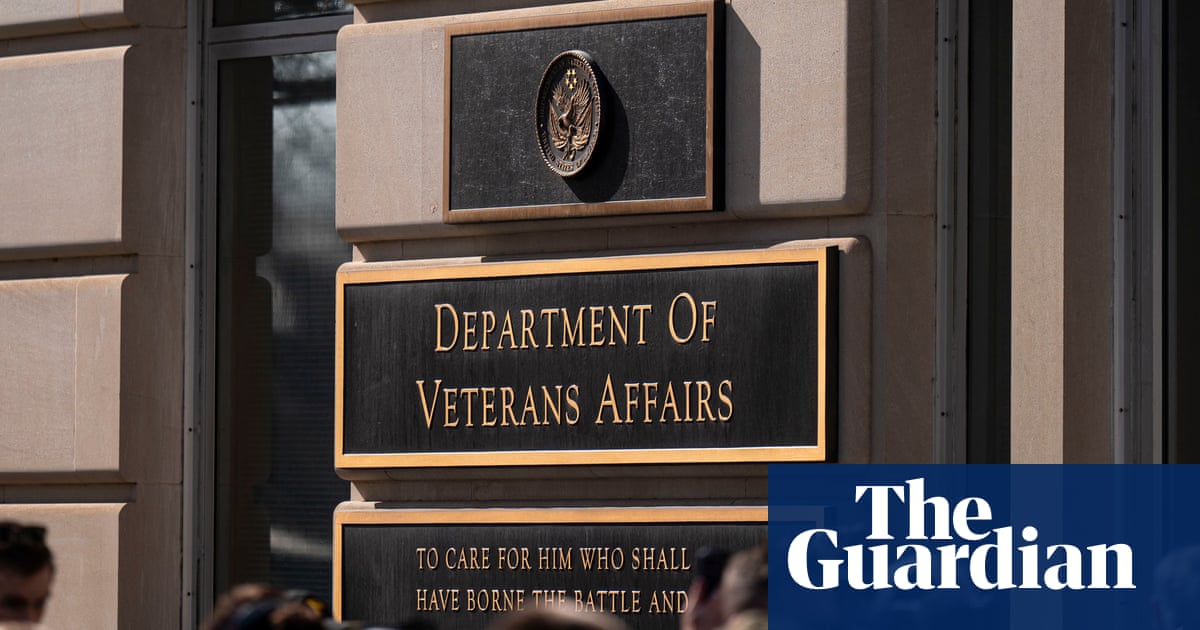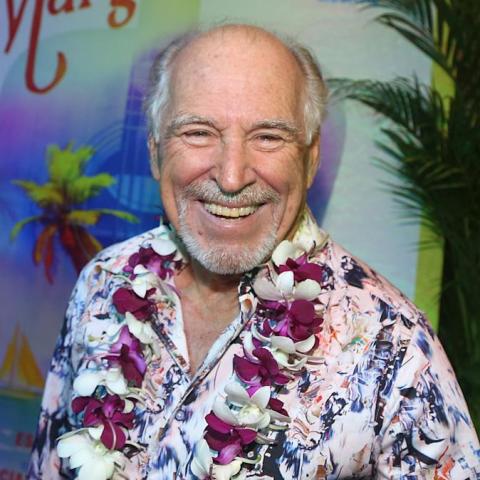Doctors at the Department of Veterans Affairs (VA) hospitals can now refuse treatment to unmarried veterans and Democrats, following new guidelines influenced by an executive order from Donald Trump. This change affects a range of healthcare providers, including psychologists and dentists.
While VA staff must still provide care regardless of race, color, or sex, they now have the option to decline based on personal characteristics not explicitly outlined in federal law. Notably, terms like “gender affirming” and “transgender” have been removed from clinical environments.
Experts are concerned about the consequences of these changes. Dr. Kenneth Kizer, who previously led the VA’s healthcare system, described the rules as a potential gateway to discrimination. He warned that doctors could refuse care based on a patient’s personal history, including political views or past trauma.
The VA serves about 9 million patients annually and employs 26,000 healthcare professionals across its extensive network of hospitals and clinics. Despite the changes, VA representatives insist that all eligible veterans remain welcome and will receive the benefits they deserve.
Critics, including Dr. Arthur Caplan from New York University, find the shift troubling and unethical. He argues that healthcare providers should prioritize patient care over political beliefs. Caplan questions the rationale behind potentially questioning patients about their political affiliations or treatment experiences.
The changes have sparked significant concern, particularly among vulnerable groups like female and LGBTQ+ veterans. Some veterans worry they may have to travel great distances for care due to the limited availability of supportive providers.
An anonymous VA staff member expressed frustration that these new rules were implemented without consulting the healthcare professionals involved—a violation of best practices established by the Joint Commission, which accredits hospitals.
The American Medical Association recently highlighted the importance of allowing medical staff to have a say in any changes to bylaws. This stance underscores worries about the autonomy of the medical community under increasing political pressures.
The broader implications of these policies could hinder the quality of care veterans receive, raising questions about the future integrity of the VA system. Medical professionals have emphasized that patients’ care should remain free from political influences, a sentiment echoed across social media platforms as the discourse surrounding this topic continues to evolve.
For more detailed insights into these healthcare policy changes, you can refer to reports from trusted sources like the Guardian.






















